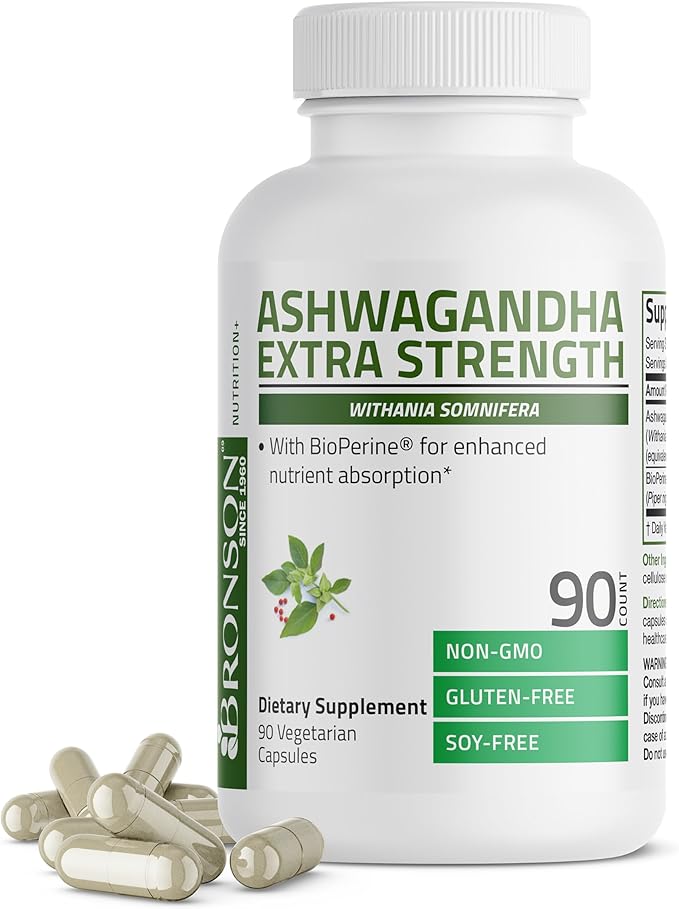Can you take Alpha Linolenic Acid and d-Delta Tocopherol together?
Interaction Details
Taking Alpha Linolenic Acid and d-Delta Tocopherol together has the potential for good synergy, suggesting a rating of 4 out of 5.
Alpha Linolenic Acid (ALA) is an omega-3 fatty acid with anti-inflammatory properties, while d-Delta Tocopherol is a form of Vitamin E with antioxidant properties. When taken together, they may have a synergistic effect by enhancing the body's antioxidant defenses and reducing inflammation. ALA's anti-inflammatory effects may complement d-Delta Tocopherol's antioxidant properties, potentially leading to improved cardiovascular health and enhanced protection against cell damage. The combination may also support skin health and immune function. The synergistic effect could be attributed to the complementary mechanisms of action, where ALA's anti-inflammatory effects are enhanced by d-Delta Tocopherol's antioxidant properties, creating a beneficial interaction that supports overall health.
Potential Benefits
Potential Risks
Alpha Linolenic Acid
Alpha-Linolenic Acid (ALA) is an omega-3 fatty acid found in plant-based foods such as flaxseeds and walnuts. It is considered an essential fatty acid because the human body cannot produce it on its own.
Some benefits of ALA include supporting heart health and reducing inflammation.
d-Delta Tocopherol
d-Delta Tocopherol is a form of vitamin E, an antioxidant that plays a crucial role in protecting cells from damage, supporting immune function, and maintaining skin health. Some benefits of d-Delta Tocopherol include:
